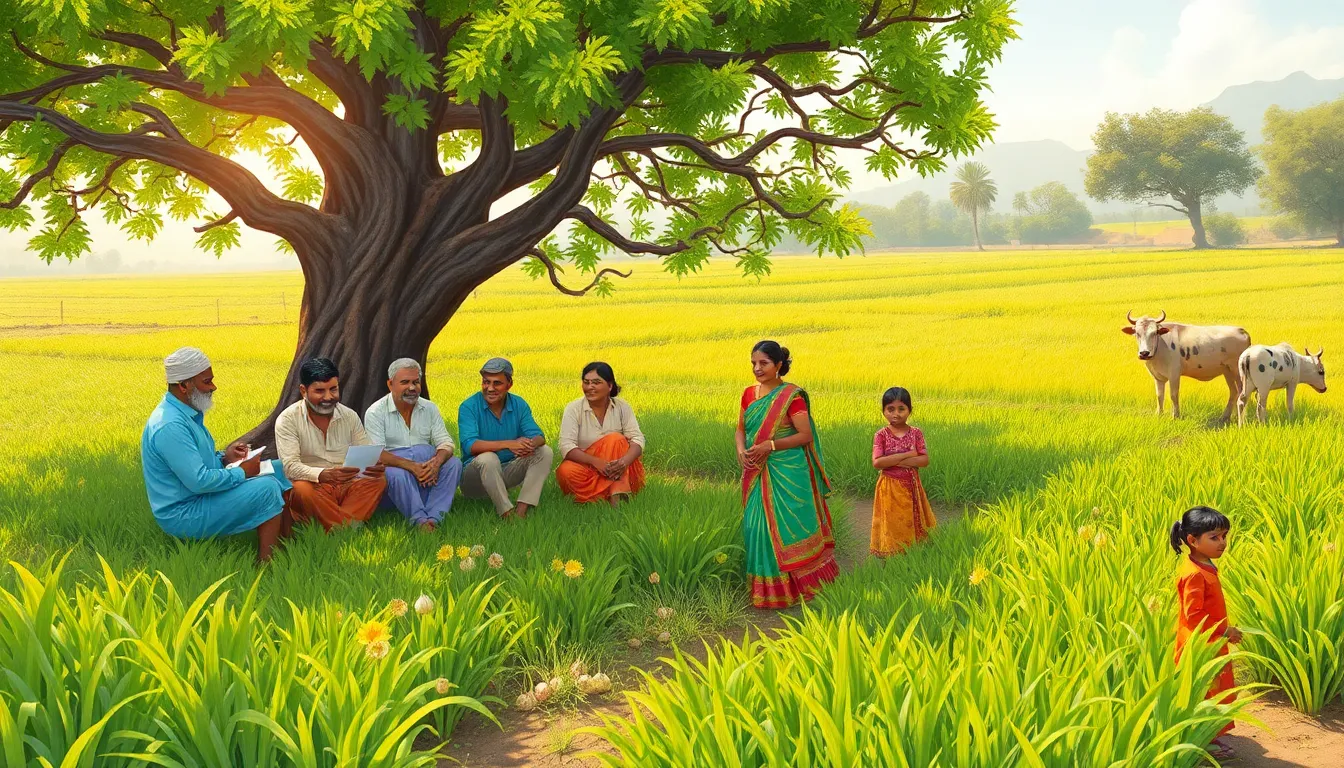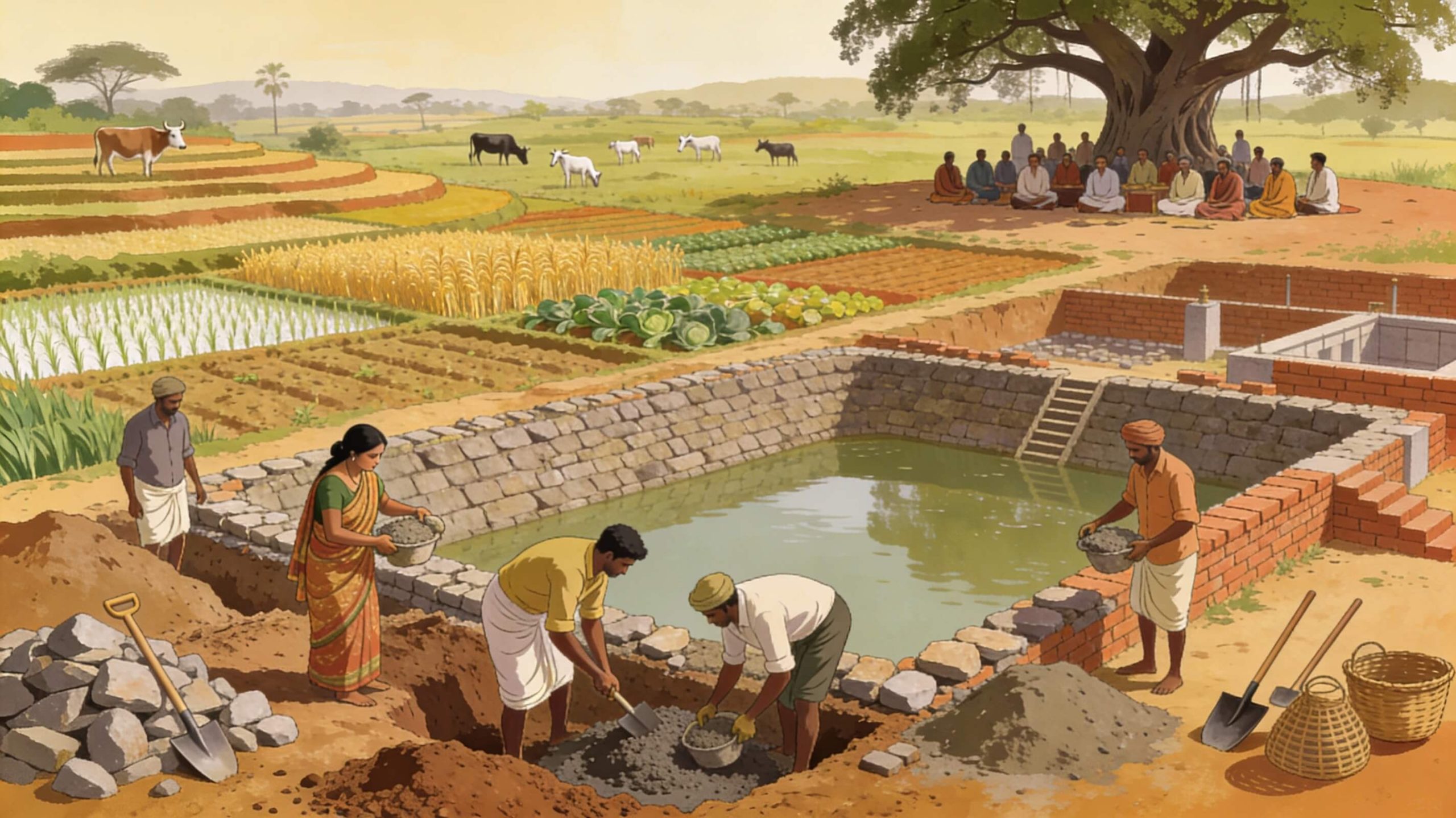A two-day seminar was held at Dr YS Parmar University of Horticulture and Forestry (UHF), Nauni, to support garlic farmers in Sirmaur. The event aimed to enhance farmers’ income through local seed production, value addition, and modern farming practices. Garlic cultivation in Sirmaur has grown significantly, expanding from 1,500 hectares in 2015-16 to nearly 4,000 hectares in 2024. Annual production now reaches 60,000 metric tonnes. However, farmers still spend around Rs 60 crore each year on garlic seed imports from other states, especially Jammu and Kashmir.
The seminar, titled “Garlic Seed Production and Value Addition for Enhancing Farmers’ Income in District Sirmaur,” was organized by the Department of Seed Science and Technology (SST) under the centrally sponsored Mission for Integrated Development of Horticulture scheme. It was supported by the Directorate of Arecanut and Spices Development from Calicut, Kerala, and the Ministry of Agriculture & Farmers Welfare. Approximately 100 progressive garlic growers attended the seminar.
Dr Narender Bharat, Head of the SST department, noted that the department has been promoting commercial cultivation of spices, including garlic, ginger, turmeric, coriander, and fenugreek, since 2015-16. They have conducted on-farm demonstrations, seed production, technology transfer, and natural farming initiatives. To empower farmers, the department holds four Panchayat-level training sessions and a district-level seminar each year.
Vice-Chancellor Prof Rajeshwar Singh Chandel highlighted the cultural and economic significance of garlic farming in Sirmaur, which has been designated as “One District, One Crop.” He acknowledged the challenges of market oversupply and falling prices, urging for skill development in food processing and value addition to improve profitability for farmers. He encouraged collaboration with the university for local garlic seed production to lessen reliance on external sources and to create job opportunities for youth.
Prof Chandel also recommended that researchers investigate garlic oil extraction and explore radiation technology to enhance garlic’s shelf life and resistance to diseases. Dr Sanjeev Chauhan, Director of Research, stressed the importance of adopting modern scientific techniques to improve garlic quality and yield while reducing input costs. He also pointed out the role of Farmer Producer Companies (FPCs) in strengthening collective bargaining power and market access for farmers.
The seminar included discussions on various topics such as seed production, germplasm conservation, plant protection, and value addition. Additionally, the Department of Food Science and Technology conducted hands-on sessions on creating garlic-based value-added products. To promote the conservation and utilization of indigenous garlic cultivars, an exhibition-cum-competition showcased local garlic varieties, with prizes awarded for the best entries.
This seminar aimed to equip garlic farmers with the knowledge and skills necessary to increase their income, lower input costs, and strengthen their self-reliance in seed sourcing. By focusing on local practices and reducing dependency on external seed markets, the farmers can enhance their profitability and sustainability in the garlic industry. As the region continues to grow as a garlic-producing hub, events like this play a crucial role in driving forward the agricultural economy of Sirmaur.





